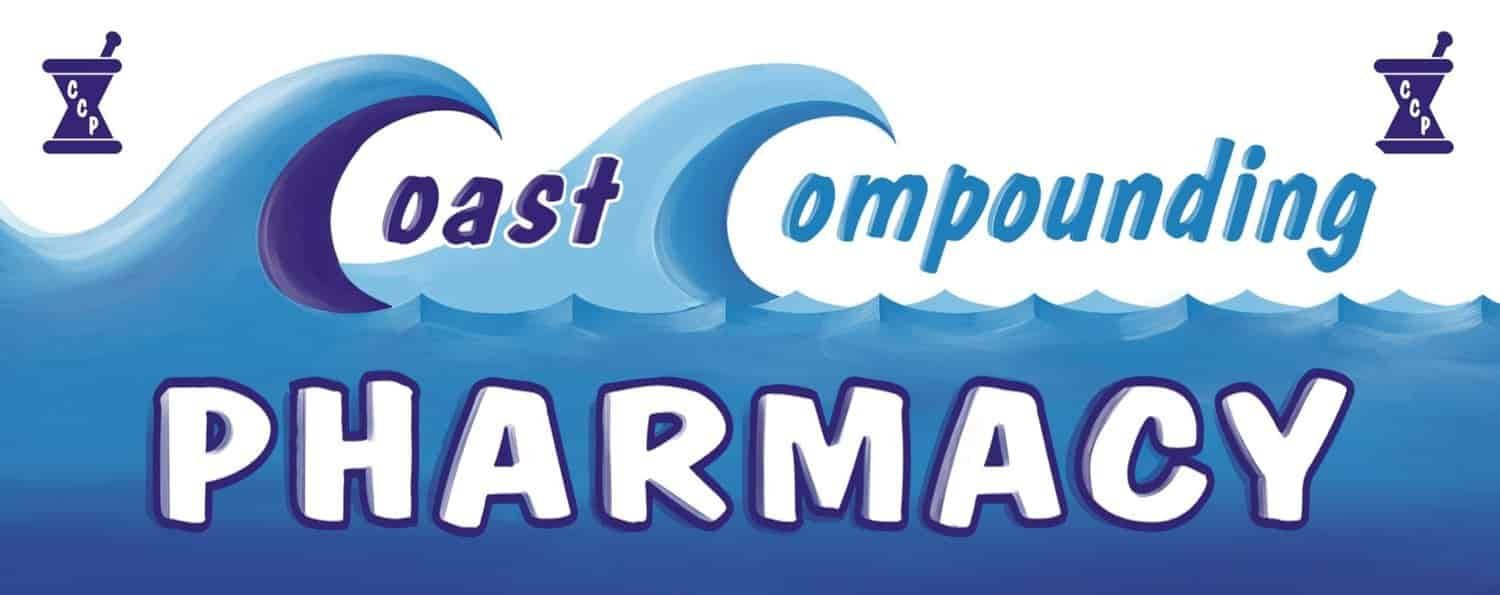Imagine a world where every medication is tailored to fit the exact needs of each individual, where dosages are precise, and allergies are considered before the first pill is even made. This is the realm of pharmaceutical compounding, a practice that blends science and art to create customized medications for patients. Dive deep into the realm of custom medicines and discover how this innovative approach is reshaping the landscape of healthcare.
Understanding Pharmaceutical Compounding
Pharmaceutical compounding is a practice where pharmacists prepare personalized medications for patients. This process involves mixing different ingredients to create medications that are tailored to meet specific needs that standard medications cannot fulfill. Through compounding, pharmacists can create medications in various forms such as liquids, capsules, creams, or even lollipops, providing flexibility for patients with unique requirements.
One of the primary advantages of pharmaceutical compounding is its ability to cater to individuals who have allergies or sensitivities to certain ingredients commonly found in mass-produced medications. By excluding these allergens and customizing the dosage to suit the patient’s needs, compounding ensures that the medication is not just effective but also safe for consumption.
In addition to addressing allergies, compounding plays a crucial role in cases where a commercially available medication is discontinued or in scenarios where patients require a specific dosage strength that is not readily available. This flexibility allows pharmacists to create tailored solutions to meet the precise needs of each patient.
The Benefits of Personalized Medicine
Personalized medicine, facilitated through pharmaceutical compounding, offers a myriad of benefits to patients. By customizing medications, healthcare providers can improve treatment outcomes by ensuring that patients receive the precise dosage required for their condition. This personalized approach minimizes the risk of under or overdosing, leading to enhanced efficacy and reduced side effects.
Moreover, personalized medications can be tailored to suit specific preferences such as flavor or form, making it easier for patients, especially children or elderly individuals, to adhere to their prescribed regimens. This level of customization not only enhances patient compliance but also contributes to better treatment results and overall wellbeing.
Furthermore, pharmaceutical compounding enables healthcare professionals to collaborate closely with patients to address individual health needs. By involving patients in the medication creation process and considering their unique requirements and preferences, compounding fosters a patient-centric approach to healthcare that promotes trust, satisfaction, and improved health outcomes.
Innovation in Healthcare: The Rise of Compounding Pharmacies
The evolution of healthcare towards personalized medicine has propelled the growth of compounding pharmacies. These specialized facilities are equipped to formulate custom medications that cater to the unique needs of patients. Unlike traditional pharmacies that dispense commercially available drugs, compounding pharmacies offer a more personalized and tailored approach to medication provision.
Compounding pharmacies have become pivotal in instances where standard medications fall short, such as in cases of allergies, intolerances, or specific dosage requirements. By harnessing the expertise of compounding pharmacists and leveraging advanced technologies, these pharmacies are revolutionizing the way medications are prepared and administered, paving the way for a more individualized and effective healthcare experience.
Moreover, the rise of compounding pharmacies signifies a shift towards patient-centered care, emphasizing the importance of customized treatment plans that consider each patient’s unique biology, preferences, and medical history. This personalized approach not only enhances treatment efficacy but also underscores the commitment of healthcare professionals to prioritizing the well-being and satisfaction of their patients.
Enhancing Patient Care Through Custom Medications
Custom medications crafted through pharmaceutical compounding offer a personalized and patient-centric approach to healthcare, elevating the standard of patient care. By tailoring medications to meet individual needs, compounding pharmacists can address specific health concerns, optimize treatment outcomes, and enhance medication adherence.
Through compounding, healthcare providers can create formulations that accommodate patient preferences, such as adjusting flavors, textures, or dosages to enhance the overall treatment experience. This level of customization not only improves patient satisfaction but also fosters a stronger therapeutic alliance between patients and healthcare professionals.
Furthermore, the ability of pharmaceutical compounding to respond swiftly to changing patient requirements, such as modifications in dosage strength or ingredient preferences, ensures that patients receive continuous and tailored support throughout their treatment journey. This adaptive and patient-centric approach exemplifies the future of personalized medicine, where individual needs are at the forefront of healthcare delivery.
Shaping the Future of Healthcare
As the demand for personalized healthcare grows, pharmaceutical compounding emerges as a powerful solution, providing patients with tailored medications that cater to their unique needs. The ability to create custom formulations, adjust dosages, and eliminate allergens opens up a realm of possibilities for patient care. Embracing pharmaceutical compounding is not just a step into the future; it’s a leap towards a healthcare system that truly puts patients at the center.

